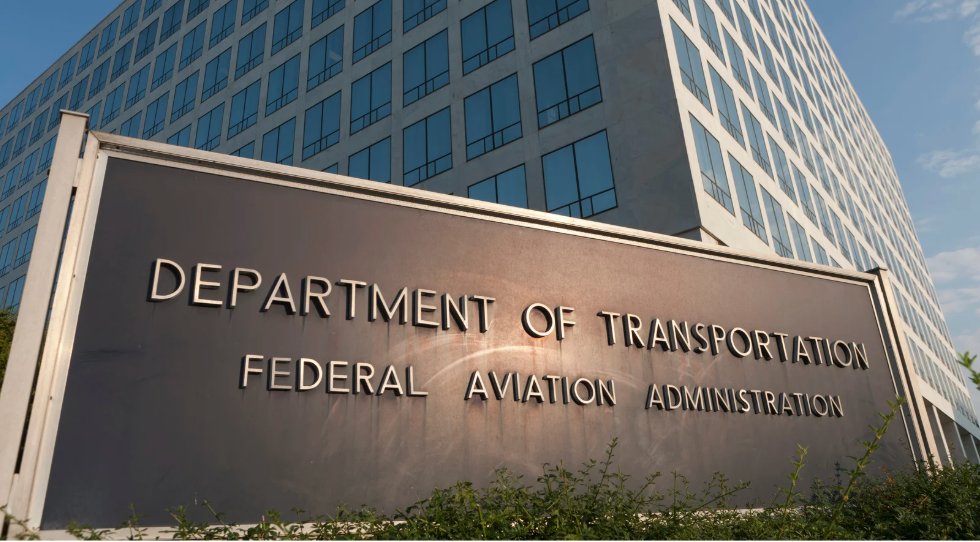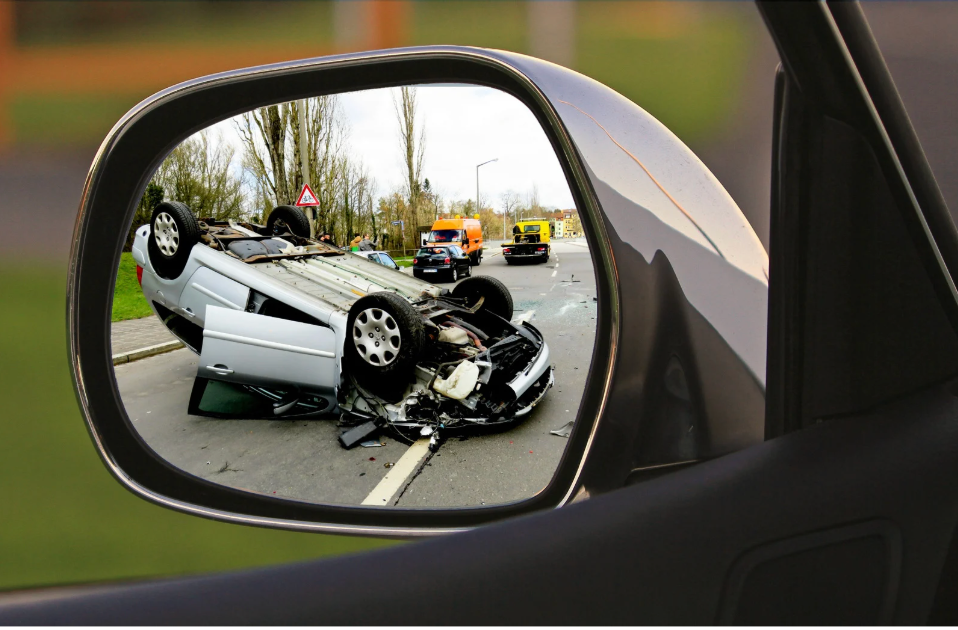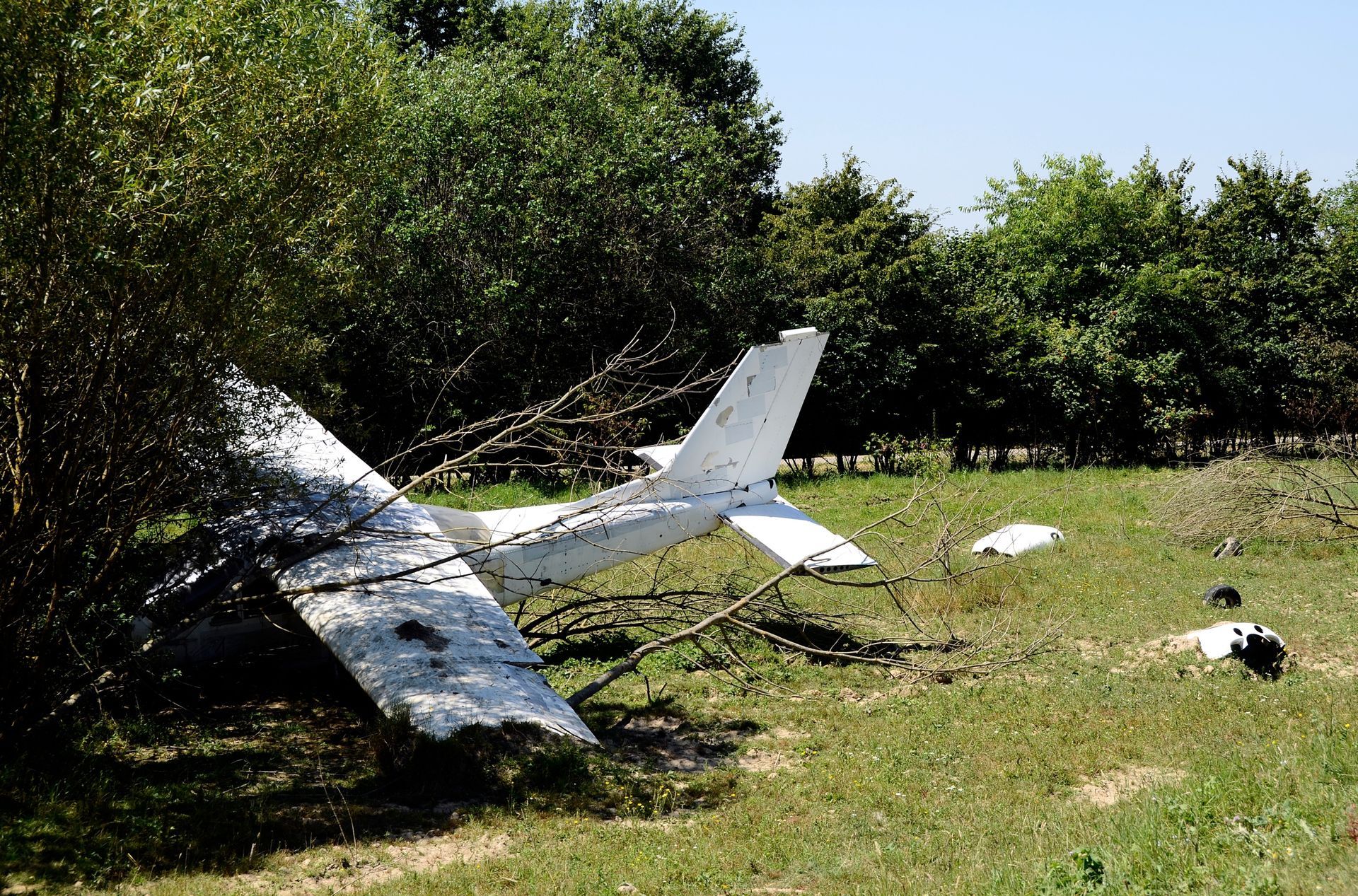At Fault: The Legal Rules Establishing Car Accident Liability in The Lone Star State
David K. Wilson & Associates
December 11, 2017
Auto Accident Liability in the Lone Star State
The Lone Star State is a “fault” state where auto accident liability law is concerned. Insurance companies consider federal tort law rules to negligence as the basis for “fault” provisions as condition to the terms of coverage. Before driving in Texas, it is important to have legal knowledge of rules and obligations to accident response, should a collision take place.
“Fault” and “50% Modified Comparative Negligence” Rules
In Texas, the law provides that to recover damages for injuries resulting from an auto accident, evidence of another driver’s “fault” must be provided to substantiate culpability for the act which led to the collision. Although Texas tort liability rules do not allow for “no fault”, the state offers a condition of “modified comparative negligence”§33.001 in circumstances where shared fault is evident. In the latter case, when an accident has occurred and the culpability for the collision is shared, a 50% responsibility for the damages has the potential to reduce compensatory remedy for expenses such as hospital or medical bills associated with injuries sustained as result.
Limits on Damages
If brought to trial, a judge or jury may decide that the level is disproportionate; thus making it possible for the plaintiff to sue and recover damages from another driver found partly at “fault” more than other driver(s). Exemplary damages may be determined if a plaintiff’s injuries were caused by gross negligence, a willful act or omission of another driver. Maximum exemplary damages §41.008under Texas law is the greater of three sums: “$200,000, two times the amount of economic damages plus $750,000, or two times the amount of economic damages plus the amount of non-economic damages” awarded. The Statute of Limitations for filing an auto accident liability case is two years §16.003(a).
Auto Accident Coverage
Texas mandates registration of auto insurance for all vehicle owners with the Department of Motor Vehicles (DMV). Traffic citations for driving without insurance in the state, can receive a fine of up to $350 for a first-time offense. There is a minimum level of coverage required to protect a driver from liability and related costs of another driver after an auto accident. Depending on a driver’s record, and license classification, the minimum auto insurance carriage is liability. Drivers in Texas must have liability insurance to cover bodily injury and property damage at the minimum limits of: $25,000 property damage coverage per incident; $30,000 liability for bodily injury per person; and $60,000 liability coverage for bodily injury per incident.
Injury is a legitimate, tortious grievance, that can lead to compensatory damages and other remedies for financial and property damage-costs resulting from an auto collision. Drivers with a valid auto accident injury claim, can seek consul and representation from a licensed attorney with David K. Wilson & Associates Attorneys at Law.



